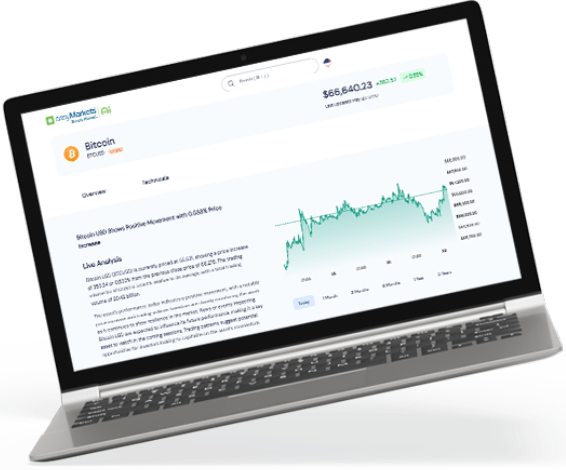How do I Use Fundamental Analysis to Trade?
Fundamental analysis simply refers to the economic, social, and political forces that may affect the supply and demand of a currency, thereby its value. Generally speaking, improving fundamentals may lead to currency appreciation while worsening fundamentals spark depreciation.
How can you gauge if fundamentals are improving or worsening? One way to go about it is to monitor the country’s economic reports, as indicators such as the GDP, CPI, employment change, and retail sales give a comparative view of conditions from one period to the next. View our essential economic indicators.
These reports are readily available online and are simultaneously updated on economic calendars such as the one provided by easyMarkets. Several market participants watch out for the release of these figures since it may trigger huge moves in the forex market.
Because of that, news trading is one of the quick ways you can apply fundamental analysis in forex trading. Take note that events in the economic calendar may be labeled with the impact that they usually generate, as top-tier releases tend to yield stronger forex moves that low-tier ones. Also, these economic calendars include the consensus estimate of analysts so whether or not the results beat expectations also factors in the currency’s reaction.
If you’re a longer-term trader who prefers to ride trends or catch huge reversals, you can also make use of fundamental analysis in gauging how economic data can affect central banks’ interest rate decisions and monetary policy actions. Interest rates vary for different economies and central banks are able to raise or lower these in order to maintain price stability and boost economic growth.
As such, weakening economic figures suggest that the country’s central bank could adopt a dovish stance, which basically means that they might lower interest rates or increase money supply soon, which drives down the value of the currency in the longer run. On the other hand, strengthening economic figures imply that the central bank could take a hawkish stance, which means that they could increase interest rates or lower money supply soon, pushing up the value of the currency.
Apart from economic indicators, political events and headlines may also impact the value of a currency. For instance, upcoming elections may bring a lot of uncertainty, which may discourage traders from buying that country’s currency and therefore weigh on its value. In another example, a hung parliament or the lack of a majority government could lead to delays in legislation necessary to spur economic activity, which may lead to a weaker currency.
Lastly, social conditions such as war or unrest also influence a country’s fundamentals. In some cases, these conflicts may lead to shop closures, widespread protests, and a standstill in economic activity, which may lead to weaker business conditions and consumer spending, translating to lower growth and lack of appetite for its currency.
Because of that, headlines may also influence forex price action of currencies, especially since traders typically pair a stronger currency with a weaker one to take advantage of larger price moves.















